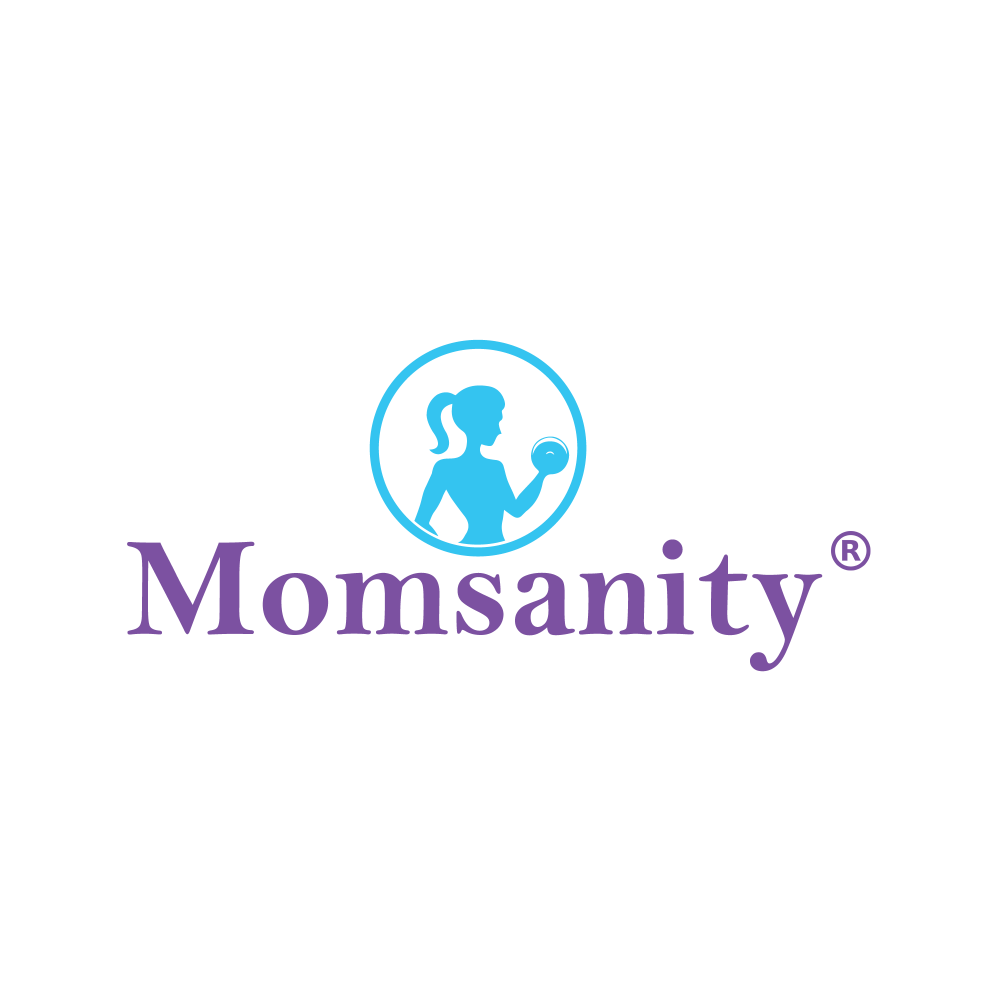Milk Exchange: Sharing More Than Just Advice
Nov 11, 2014
A Guest Post from Triad Moms on Main by Momsanity Sister Ashley Herman
The words nursing mother tend to conjure images like those stock photos of a blissfully peaceful mom cuddling her adoring babe. In practice, nursing often looks a lot different- burp stains on shoulders, a child prodigy rehearsing her Cirque du Soleil audition, siblings interrupting- you get the picture. But I’d like to expand on the idea of nursing relationships beyond the physical act of breastfeeding. A parent can certainly enjoy the same kind of bonding while feeding a baby with a spoon, dropper, cup, or bottle. So, while it might stretch our way of thinking, I think it is important to acknowledge that nursing looks different for every family and every child. I certainly don’t begrudge any parent who chooses formula, but here I’d like to talk about a practice that is making a comeback- milk sharing.
My own first experience with milk sharing was probably in my teen years. I was helping a couple of young mothers with their small children while they visited. After nursing with her mother, one little girl then nursed from her mother’s friend. It was the most normal thing in the world at that moment and it stuck with me to adulthood. But while some moms are wet nurses, it is rare in our culture today. Still, more and more moms are sharing that liquid gold every day.
A lactating mom can donate through several avenues. Informal donation happens when a mom in need asks her friends for donations. Peer-to-Peer organizations like Eats on Feet and Human Milk for Human Babies use the power of social media to connect supply with demand, even without a real-life connection. Some Lactation Consultants also maintain a network of donor moms, and call on them when needs arise. These donations run risks, but also have fewer restrictions such as age of recipient child. Milk banks like WakeMed’s Mothers’ Milk Bank offer pre-screened and pasteurized breastmilk for both medically necessary and elective use with a prescription. Donors submit blood samples for screenings in addition to milk donations. MMB donations are limited to the first 12 postpartum months. Finally, a scan of Craigslist and other online yardsale sites shows a growing community of private, for-profit suppliers. Unlike donors in the other categories, who are typically given enough to cover the cost of pumping supplies like storage bags and extra pump parts, these women sell their milk as a business and may not place restrictions on use. For example, a growing number of bodybuilders and fitness buffs along with creative chefs are in search of breastmilk for adult consumption.
So how does a mom make sure she has enough to share? There are several ways a woman can increase her supply to feed two or more babies. Jamilla Walker, RN says that in her experience as a Certified Lactation Educator “a good routine including a pumping schedule and incorporating milk boosters into a mom’s diet works best. Pumping and feeding together whenever possible helps protect the supply without creating an oversupply issue. I find a lot of moms have difficulties remembering to take supplements or aren’t a fan of the teas. I also find these to be less effective than just adding things like oats and flaxseed to their diets. Most of the time, moms aren’t taking in enough calories, so adding supplements are less helpful than just good nursing habits for the baby and eating habits for the mom! I encourage moms to keep a batch of lactation cookies (see recipe below) on hand, or eat a bowl of steel cuts oats with ground flaxseed, peanut butter and chocolate chips as a bedtime snack.”
Some donors set a pumping schedule, daily goals, and keep detailed records of their milk in order to supply a baby regularly. Others pump when convenient and make occasional contributions, usually when the freezer is full. Often a donor volunteers for dietary restrictions such as dairy-free, gluten- free, or no spicy foods, to prevent digestive troubles in the recipients. This milk is typically in higher demand than that of a mother with no restrictions.

Families may search for breastmilk for a wide variety of reasons. Adoption, premature birth, compromised health, formula ingredient intolerances, medications for the mother, or low supply are just a few. Regardless of why and how a family uses donor milk, it is a meaningful gift to share. If you are interested in donating or receiving milk, I encourage you to contact the organizations available to see which is right for you.
Triad Moms on Main is a website based in Triad, NC. The website features a daily blog on a variety of parenting topics – from how to find the right school or summer camp for your child, to birthday party ideas and tips on how to raise children. The blogs cover interests of children, battles and struggles of every day life as a mom, as well as the ultimate joys of motherhood. The site also publishes local directories (on such topics as summer camps, private schools, tutors, and birthday parties), hosts a detailed local events calendar and runs contests and giveaways.
Lorem ipsum dolor sit amet, consectetur adipiscing elit. Cras sed sapien quam. Sed dapibus est id enim facilisis, at posuere turpis adipiscing. Quisque sit amet dui dui.
Stay connected with news and updates!
Join our mailing list to receive the latest news and updates from our team.
Don't worry, your information will not be shared.
We hate SPAM. We will never sell your information, for any reason.

